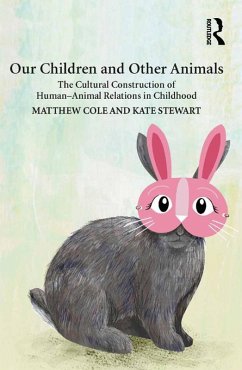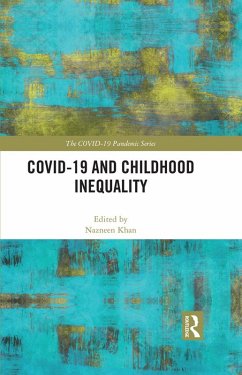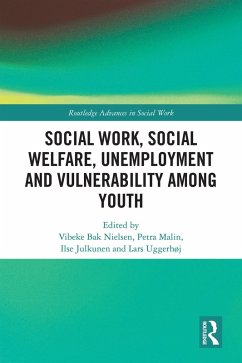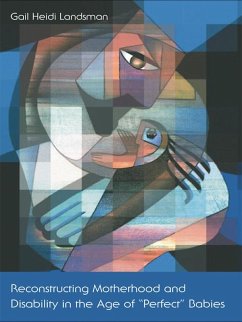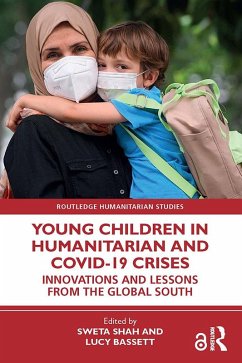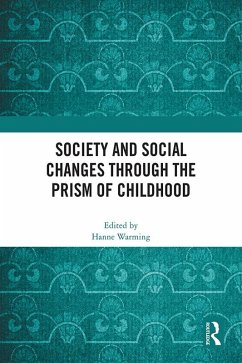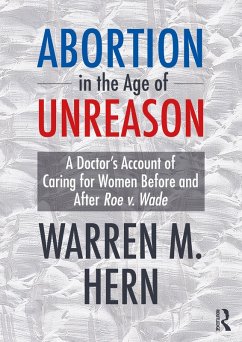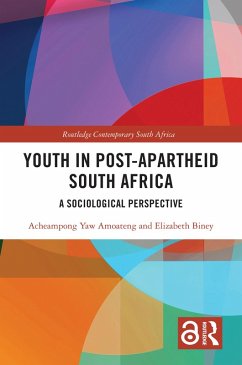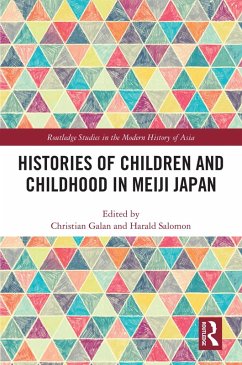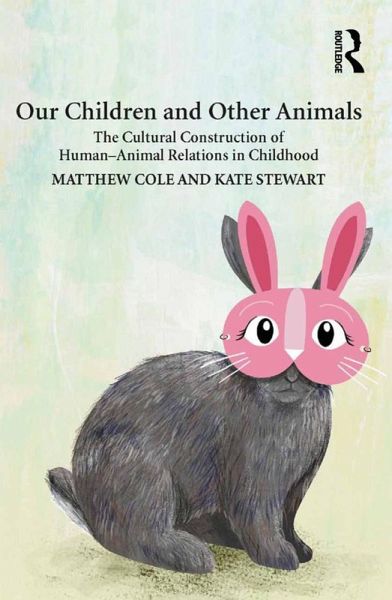
Our Children and Other Animals (eBook, ePUB)
The Cultural Construction of Human-Animal Relations in Childhood
Versandkostenfrei!
Sofort per Download lieferbar
41,95 €
inkl. MwSt.
Weitere Ausgaben:

PAYBACK Punkte
21 °P sammeln!
Focusing on the socialization of the human use of other animals as resources in contemporary Western society, this book explores the cultural reproduction of human-nonhuman animal relations in childhood. With close attention to the dominant practices through which children encounter animals and mainstream representations of animals in children's culture - whether in terms of the selective exposure of children to animals as pets or as food in the home or in school, or the representation of animals in mass media and social media - Our Children and Other Animals reveals the interconnectedness of ...
Focusing on the socialization of the human use of other animals as resources in contemporary Western society, this book explores the cultural reproduction of human-nonhuman animal relations in childhood. With close attention to the dominant practices through which children encounter animals and mainstream representations of animals in children's culture - whether in terms of the selective exposure of children to animals as pets or as food in the home or in school, or the representation of animals in mass media and social media - Our Children and Other Animals reveals the interconnectedness of studies of childhood, culture and human-animal relations. In doing so it establishes the importance of human-animal relations in sociology, by describing the sociological importance of animals in children's lives and children in animals' lives. Presenting a new typology of the various kinds of human-animal relationship, this conceptually innovative book constitutes a clear demonstration of the relevance of sociology to the interdisciplinary field of human-animal relations and will appeal to readers across the social sciences with interests in sociology, childhood studies, cultural and media studies and human-animal interaction.
Dieser Download kann aus rechtlichen Gründen nur mit Rechnungsadresse in A, B, BG, CY, CZ, D, DK, EW, E, FIN, F, GR, HR, H, IRL, I, LT, L, LR, M, NL, PL, P, R, S, SLO, SK ausgeliefert werden.




